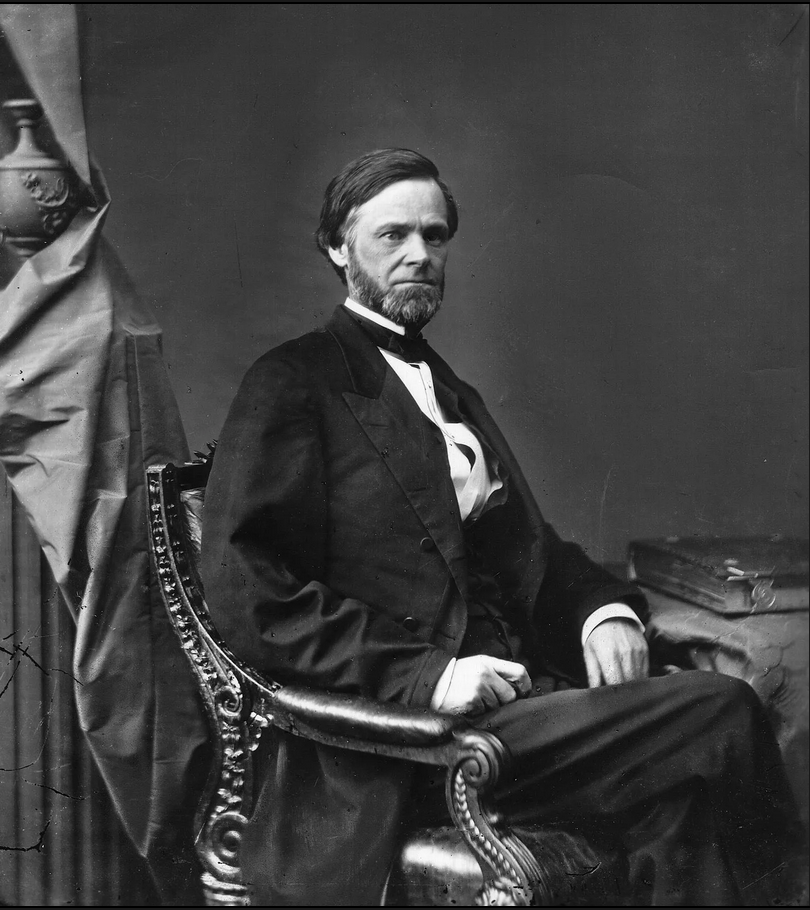The Sherman Act & Clayton Act: America’s Antitrust Power Duo Explained
- Evan Howard
- Apr 18, 2025
- 3 min read
Imagine a world where a single company controls the price of every gallon of gas, every loaf of bread, and every phone in your pocket. That’s the nightmare U.S. antitrust laws like the Sherman Act (1890) and Clayton Act (1914) were designed to prevent. Let’s break down how these laws reshaped American business—and why they still matter today.
The Sherman Act: America’s First Antitrust Law
Picture 1890s America—railroad tycoons, oil barons like Rockefeller, and monopolies squeezing small businesses dry. Public outrage over price gouging and collusion led Senator John Sherman to propose a law banning “restraints of trade” and monopolization.
What it does:
Section 1 outlaws collusion (price-fixing, bid-rigging, market division).
Section 2 prohibits monopolization or attempts to monopolize.
Enforcement: Violations can lead to criminal charges, fines, and even jail time.
Early struggles: Courts initially interpreted the Sherman Act narrowly. For example, United States v. E.C. Knight Co. (1895) ruled sugar refining wasn’t “interstate commerce,” letting monopolies slip through loopholes.

The Clayton Act: Closing the Loopholes
The Sherman Act’s vague language allowed monopolies to thrive. By 1914, Congress passed the Clayton Act to tackle specific anticompetitive practices.
Key provisions:
Price discrimination (charging different buyers different prices to undercut rivals).
Exclusive dealings (forcing buyers to avoid competitors).
Anticompetitive mergers (if they “substantially lessen competition”).
Interlocking directorates (same execs running competing firms).
Game-changing updates:
Robinson-Patman Act (1936): Banned predatory pricing.
Hart-Scott-Rodino (1976): Required pre-merger reviews.
Labor’s win: Section 6 exempted unions from antitrust rules, calling human labor “not a commodity”—a major victory for workers.
Sherman in Action: The Standard Oil Breakup
While not a court case per se, the Sherman Act’s most famous enforcement came in 1911 when the Supreme Court ordered Standard Oil to dissolve. The company controlled 90% of U.S. oil refining, using predatory pricing and railroad rebates to crush rivals. The ruling established the “rule of reason” test: monopolies aren’t illegal unless they abuse their power.
Clayton’s Moment: United States v. Borden Co. (1954)
The milk conspiracy: Several Chicago dairies were accused of price-fixing (Sherman Act violation) and price discrimination (Clayton Act violation). They allegedly charged different prices to stores and schools, squeezing smaller competitors.
Outcome:
Sherman Act claims were dismissed due to insufficient evidence of collusion.
Clayton Act charges stuck: Courts ruled the price discrimination harmed competition, but prior injunctions limited penalties.
This case highlighted how the Clayton Act could address harms the Sherman Act couldn’t—even if proving collusion remained tricky.
Why These Laws Still Matter
Tech giants: Modern cases against Google and Amazon mirror early 1900s battles over monopolistic data control.
Healthcare costs: Hospitals merging? Clayton Act reviews determine if prices will spike.
Small businesses: Without these laws, Walmart-style dominance could crush local shops unchecked.
Critics argue: Enforcement has waxed and waned. In the 1980s, Reagan’s DOJ barely touched antitrust—leading to today’s megacorporations.
The Bottom Line
The Sherman Act lit the fuse, but the Clayton Act provided the tools to dismantle monopolies piece by piece. Together, they’ve shaped everything from your Netflix subscription price to the wages of factory workers. Yet as corporate power grows, so does the debate: Are these 100-year-old laws enough to keep today’s trillion-dollar tech monopolies in check?
What’s next: With bills like the American Innovation and Choice Online Act targeting Big Tech, the spirit of Sherman and Clayton lives on—proving antitrust isn’t just history; it’s the fight for tomorrow’s economy.

Howard Law is a business and M&A law firm in the greater Charlotte, North Carolina area, with additional services in M&A advisory and business brokerage. Howard Law is a law firm based in the greater Charlotte, North Carolina area focused on business law, corporate law, mergers & acquisitions, M&A advisor and business brokerage. Handling all business matters from incorporation to acquisition as well as a comprehensive understanding in assisting through mergers and acquisition. The choice of a lawyer is an important decision and should not be based solely on advertisements. The information on this website is for general and informational purposes only and should not be interpreted to indicate a certain result will occur in your specific legal situation. Information on this website is not legal advice and does not create an attorney-client relationship. You should consult an attorney for advice regarding your individual situation. Contacting us does not create an attorney-client relationship. Please do not send any confidential information to us until such time as an attorney-client relationship has been established.




Comments